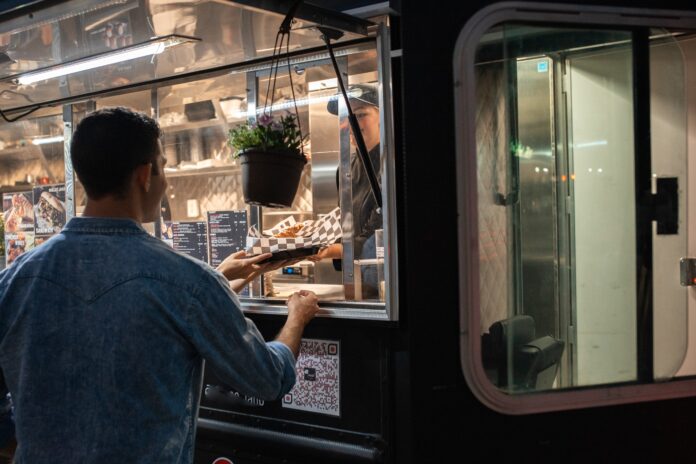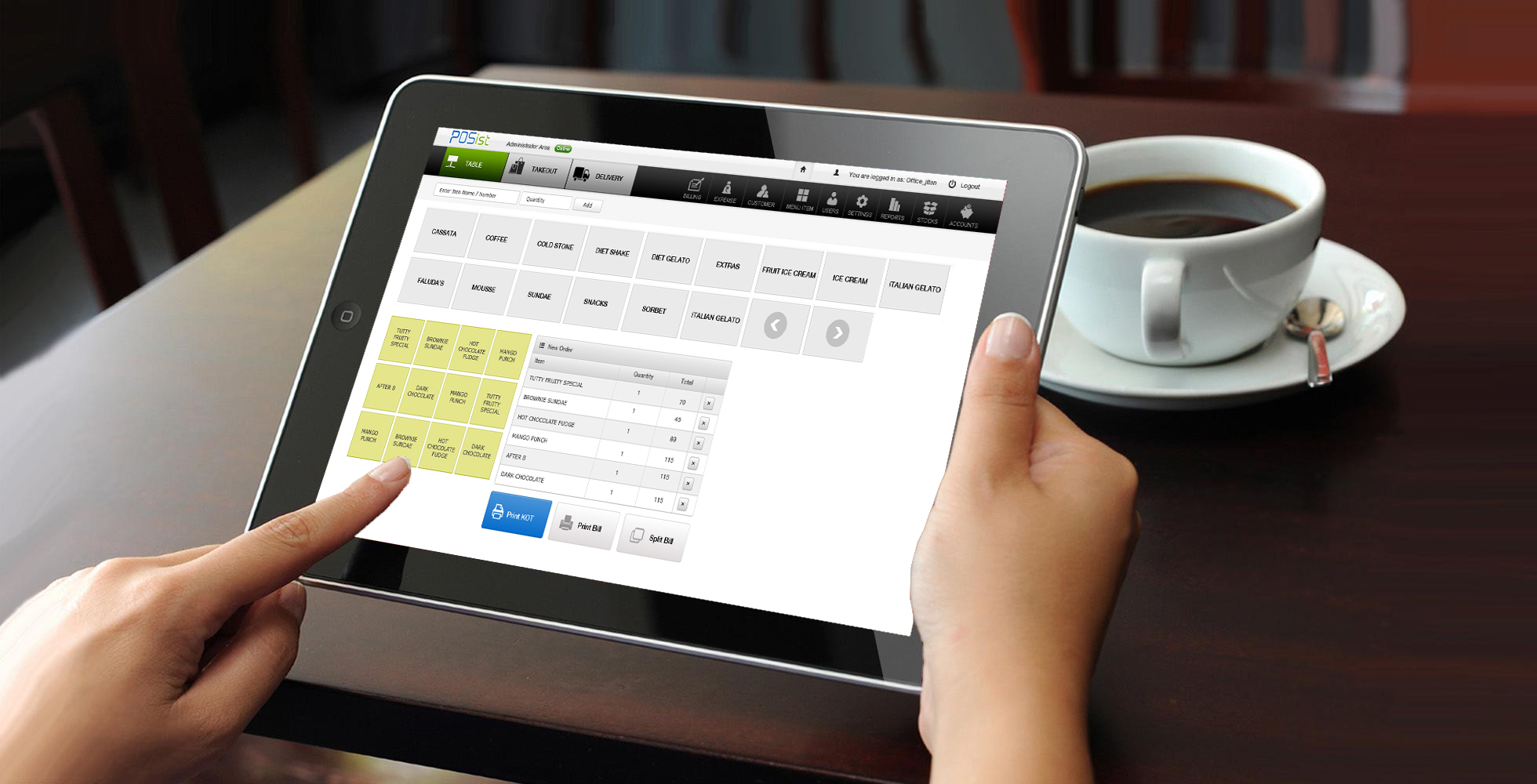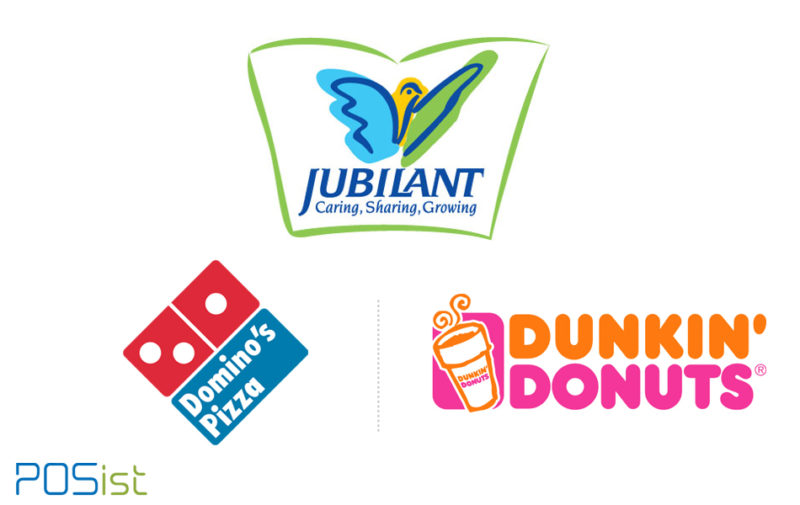The food industry is expanding dramatically in the US, and food trucks take a major share of it. This uber-cool way to sell food has ruled the streets of the States for over a decade now, and numbers show it: the industry was valued at over $1.2 billion in 2020. With over 24,000 active food trucks and growing, the industry is expected to grow at a rate of 2.4 percent every year. If you want to open your food truck, now is as good a time as any. Here’s a quick guide if you want to set up your food truck in the US.
10 Ways For Getting Started With Food Truck Business In The US
-
Understand Existing Market Scene
Before starting your food truck business, you need to understand the current market scene. Research the number of trucks, serving hours, and type of food being served. This will help you gauge the competition and consumer demand. It will also help you find the niche you want to stick to and the type of food truck business you want to run.
-
Finalize Business Idea and Concept
Next, you want to decide on your business idea and work your way around it based on the market research you conducted in the first step. Once you have a basic concept, move towards the finer details. For example, if you want to serve Mexican food, you must finalize a strategy. You will need to find out your unique selling proposition, and your truck concept will stand out from the competition. Finalize a new, unique, customer-centric, and profitable concept. A good food truck concept can shape your future revenues and win over the customers visiting you.
-
Prepare Your Business Proposal and Plan
Once you have finalized your concept, the next step is to prepare a business plan. It must have a company description, executive summary, services, food being served, sales strategy, management, marketing plan, funding details, projected revenue, and break-even calculations. Having a written plan will give it structure, give you increased clarity, help you track progress, and help you align strategy with actions.
-
Find the Fund
The next step is to figure out how to fund your food truck business. Since opening a food truck business and running it will need significant investment, it’s essential to get all the monetary details figured out. Find out if you will be bootstrapping your business or getting investors or bank loans. You can also look for microloans and financing programs available in your city. If you can get potential investors, try to figure out the equity and money involved. This is the most crucial step in starting your food truck business.
-
Fulfill Legal Requirements
Work with a legal advisor to get the essential permits and licenses for running your food truck business. Permits and licenses vary from state to state. It’s essential to do your research and fulfill all your state’s requirements to efficiently run your food truck business. Important requirements are business, food service, safety, driving, and parking licenses. It would help if you worked on it way in advance.
-
Finalize Food Truck Model
The next step is to figure out the model of your food truck. It must meet all your requirements of space, cost, and serving. Talk with other food truck owners and sellers to figure out a model that works perfectly for you. Do your research, run tests, compare rates, and finalize a good truck. Check your business plans here; the truck model should match the kind of food you plan to sell and help you manage operations accordingly.
-
Buy equipment
After buying the required truck, determine what cooking equipment, serving equipment, and holding and storage equipment you need. Having a well-planned inventory of all your requirements makes it easier to shop. Look for companies specializing in serving food trucks and providing good after-sales service. This will save you from the headache of managing all equipment and servicing in the long run.
-
Finalize Menu and Standardize Recipes
The next step is to finalize your menu. Pick out the best dishes, and then put them on your menu. Keep in mind customer preferences and market demands and experiment accordingly. It’s also important to standardize recipes to ensure consistency and quality. Testing your recipes is also critical to getting unbiased customer feedback. It will help you strengthen your menu and determine which products can be the bestsellers.
-
Start Marketing and Advertising
The next step is to put your food truck business out there. Find out everything about what your competitors are doing and then finalize your location, social media presence, and marketing strategy. Figure out the advertising and marketing plan. Significant decisions regarding logo, menu design, presentation, and food truck design need to be taken in this phase. Choosing something that instantly grabs the attention of potential customers is essential.
-
Install a Point of the Sale (POS) System
Running and managing all operations of a food truck business is not easy. Having a system that takes care of inventory, sales and operations is essential for running a good truck smoothly. A smart POS lets you effortlessly manage your operations by:
- Making billing easier for you, regardless of the position of your truck.
- Allowing you to print bills via a web-enabled printer.
- Accepting online orders.
- Allowing you to view all updates and reports from anywhere.
- Accepting online payments on your behalf through multiple channels.
- Capturing customer data in a central system and sending personalized SMSes.
Setting up a food truck business from scratch requires a lot of research and deliberation. Several critical decisions need to be taken to create a unique and profitable food truck business model. But once you are successful, it is a lucrative industry to invest in, and making smart decisions can help you in the long run.

















